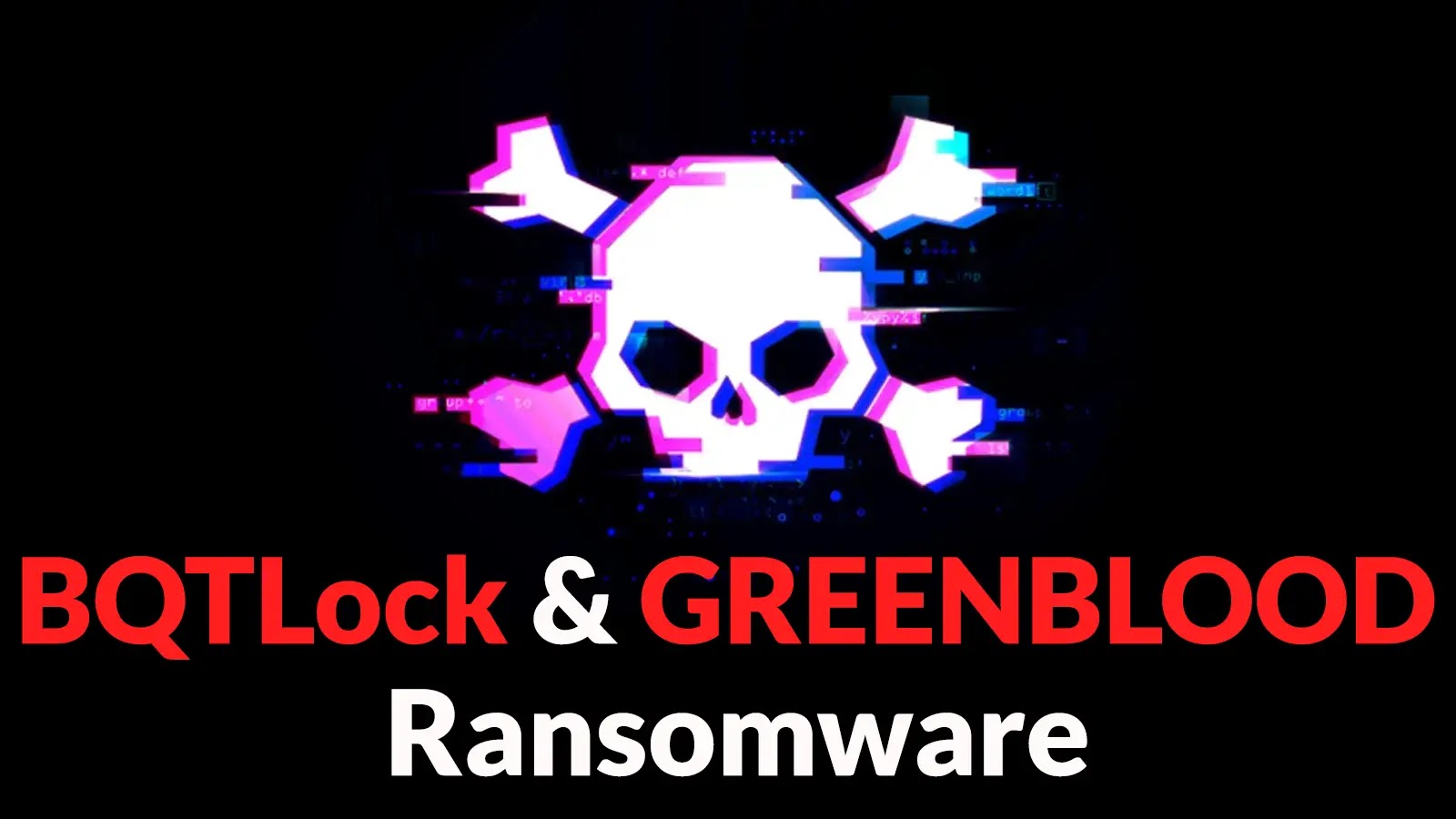In recent months, a sophisticated hacking collective known as Scattered Spider has intensified its cyberattacks on major retailers, initially targeting prominent UK companies and now expanding its operations to the United States. This escalation underscores the urgent need for robust cybersecurity measures across the retail sector.
The UK Retail Sector Under Siege
The cyber onslaught began with Marks & Spencer (M&S), a leading British retailer, which disclosed a significant cyber incident in late April 2025. The attack disrupted online orders, contactless payments, and the company’s Click & Collect service, leading to operational challenges and a substantial financial impact. The breach was attributed to the hacking group Scattered Spider, known for its adept use of social engineering tactics to infiltrate systems. ([bleepingcomputer.com](https://www.bleepingcomputer.com/news/security/uk-shares-security-tips-after-major-retail-cyberattacks/?utm_source=openai))
Following the M&S incident, other UK retailers, including Co-op and Harrods, reported similar cyberattacks. Co-op faced disruptions in its back-office operations and customer service call centers, while Harrods took proactive measures by restricting internet access to safeguard its systems. These consecutive attacks suggest a coordinated effort by cybercriminals to exploit vulnerabilities within the retail sector. ([wired.com](https://www.wired.com/story/hacking-spree-hits-uk-retail-giants/?utm_source=openai))
Scattered Spider’s Tactics and Evolution
Scattered Spider, also referred to as UNC3944, has demonstrated a remarkable ability to adapt its strategies. Initially focusing on telecommunications-related organizations to support SIM swap operations, the group shifted its attention to ransomware and data theft extortion in early 2023. Their primary modus operandi involves sophisticated social engineering techniques, such as impersonating IT personnel to manipulate employees into granting system access. ([bleepingcomputer.com](https://www.bleepingcomputer.com/news/security/uk-shares-security-tips-after-major-retail-cyberattacks/?utm_source=openai))
The group’s members are often young, English-speaking individuals who exploit their understanding of business processes to deceive targets effectively. By leveraging social engineering, they bypass traditional security measures, making them particularly dangerous to organizations with large help desk and outsourced IT functions. ([wired.com](https://www.wired.com/story/hacking-spree-hits-uk-retail-giants/?utm_source=openai))
Expansion to the United States
Recent reports indicate that Scattered Spider has extended its operations to the United States, targeting retail companies with similar tactics. Google’s cybersecurity division has warned that US retailers should be on high alert, as these attackers are aggressive, creative, and capable of circumventing mature security programs. The group’s history of focusing on specific sectors suggests that the retail industry will remain a primary target. ([reuters.com](https://www.reuters.com/business/google-says-hackers-that-targeted-uk-retail-sector-are-now-targeting-us-2025-05-14/?utm_source=openai))
Implications for the Retail Sector
The series of cyberattacks on major retailers highlights several critical trends in the cybersecurity landscape:
– Ransomware-as-a-Service (RaaS) Growth: The accessibility of tools like DragonForce on the dark web lowers the barrier for cybercriminals, enabling even less-skilled hackers to launch sophisticated attacks. ([breached.company](https://breached.company/uk-retail-cyberattacks-a-deep-dive-into-the-2025-ransomware-wave/?utm_source=openai))
– AI-Driven Threats: The use of generative AI accelerates the threat landscape, making it easier for hackers to craft convincing phishing emails and social engineering scripts. ([breached.company](https://breached.company/uk-retail-cyberattacks-a-deep-dive-into-the-2025-ransomware-wave/?utm_source=openai))
– Sector-Wide Vulnerabilities: A successful attack on one retailer often triggers a domino effect, with hackers targeting similar companies in the same sector. ([breached.company](https://breached.company/uk-retail-cyberattacks-a-deep-dive-into-the-2025-ransomware-wave/?utm_source=openai))
– Regulatory Gaps: Unlike financial services or critical infrastructure, the retail sector lacks stringent cybersecurity regulations, leaving it vulnerable to attacks. ([breached.company](https://breached.company/uk-retail-cyberattacks-a-deep-dive-into-the-2025-ransomware-wave/?utm_source=openai))
Recommendations for Retailers
In response to these escalating threats, the UK’s National Cyber Security Centre (NCSC) has issued urgent guidance for businesses:
– Implement Comprehensive Multi-Factor Authentication (MFA): Ensure MFA is enforced across all systems, especially for privileged accounts.
– Monitor for Unauthorized Account Use: Regularly audit domain, enterprise, and cloud admin accounts to verify legitimate access.
– Review Helpdesk Procedures: Strengthen identity verification processes before resetting passwords, particularly for accounts with escalated privileges.
– Detect Anomalous Logins: Enable security teams to identify logins from unusual sources, such as residential VPNs or atypical geolocations. ([bleepingcomputer.com](https://www.bleepingcomputer.com/news/security/uk-shares-security-tips-after-major-retail-cyberattacks/?utm_source=openai))
Retailers are urged to treat these incidents as a wake-up call, emphasizing the importance of robust cybersecurity measures to protect against evolving threats. ([cybernews.com](https://cybernews.com/cybercrime/ncsc-cyber-incidents-on-uk-retailers-are-a-wake-up-call/?utm_source=openai))
Conclusion
The recent cyberattacks orchestrated by Scattered Spider serve as a stark reminder of the growing sophistication and impact of cybercrime on the retail sector. As the group expands its operations beyond the UK, retailers worldwide must prioritize cybersecurity, investing in modern systems, employee training, and incident response plans to mitigate potential breaches. Proactive measures and heightened vigilance are essential to safeguard sensitive customer data and maintain consumer trust in an increasingly digital marketplace.



